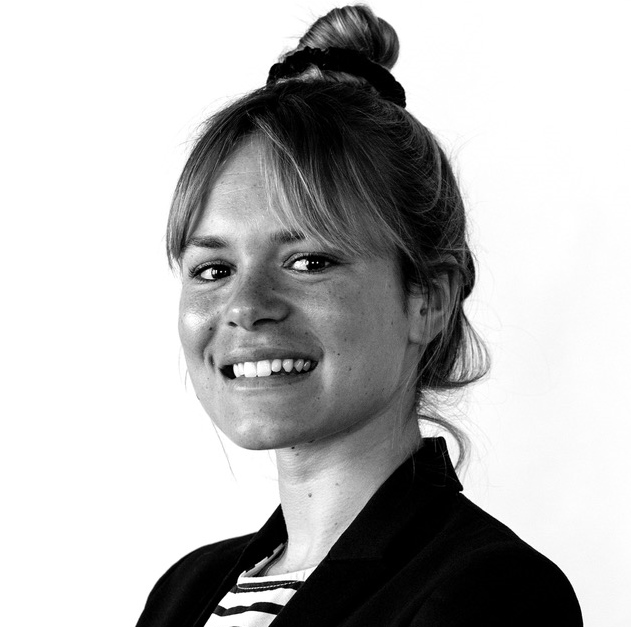Technology is profoundly transforming the way we study and work demanding a new skill set. The current Covid-19 crisis has vividly demonstrated and accelerated these ongoing changes. Will we see an increase in individualisation? Or will the trend go in the opposite direction? Could the newly won time that can be spent with personal, non-professional contacts strengthen the sense of solidarity and community? We used an innovative process to tackle those questions with the 2020 network of the Hirschmann grant holders. This first blog will tell you the how and why, whereas the following three blogs – « Release of the new Siri nanny update! »; « The self-fulfilling prophecy of community and access »; « A reflection: the hybrid education model of the 2030′ », will showcase some visions regarding the questions above.
How will the transformation in the way we work accelerate or mitigate the trend of individualisation in our society? The challenge question was the result of a vote by Hirschmann grant holders, students attending Swiss universities of applied science with an above-average sense of purpose who receive one-off grants from the Hirschmann foundation. Grant holders were asked to determine the social challenge their cohort wishes to address by participating in a digital vote on Policy Kitchen, the crowd innovation platform and methodology developed by foraus. As “Future of work” and “Individualisation of society” received the same amount of votes, we thought it would be exciting to look at the interconnections between these two megatrends by combining the two topics in a single challenge question. As is it often the case, we kick-started the Policy Kitchen crowdsourcing process with a physical workshop to unite the diverse group of students for a collective thinking exercise.
On 29 September 2020 around two dozen Hirschmann grant holders came together at the restaurant Karl der Grosse in Zurich to address the above-outlined challenge question based on their personal experience as students in fields as diverse as engineering or music. No matter the field or educational institution, everyone experienced drastic changes in the past month. With months of online education spent at home, remote working and studying are becoming the new norm. With this background, the scholars were tasked to explore whether the transformation in the way we work, accelerates, or mitigates the trend of individualisation in our society?
Over the past two years, the Policy Kitchen Team has experimented with several methodologies in order to unite thinkers in an inclusive process through which different stakeholders voice their assumptions, ideas, and concerns. Outcomes of creative brainstorming exercises are then further developed on the platform. For this workshop, we considered a “positive headline visioning”- methodology the most suited. Generally speaking, visioning is a process of aligning energy to create an inspiring picture of the future. Visions are usually developed in the form of scenarios that do not necessarily aim for plausible future outcomes, but rather serve as a means of focusing our attention – making the assumptions on which we base our decisions in the present more transparent. By applying the positive headline visioning methodology, the students were asked to create a newspaper headline taking place 10 years from now, related to the challenge question, which can be positive or negative. We started the process with a divergent approach by stretching their imagination and inviting them to propose as many headlines as possible – nothing is impossible. After this first brainstorming session, we started converging the headlines clustered by themes and filtering those that seemed the most promising. Finally, small groups were given the assignment to pick one headline in particular and collectively develop the outline of a newspaper article set in the future.
As time was limited, only the first drafts of future news were created on Policy Kitchen. After the workshop, we allowed for a digital refinement period where the Hirschmann grant holders actively work using our collaborative tools to shape and refine their collective visions. Interested in reading how an output of such a process looks like? Stay tuned and read the three visions being published over the upcoming weeks as part of this small blog series.
For any questions on Policy Kitchen do not hesitate to reach out to us. Our team offers tools and many years of experience in participative processes which we also offer to external partners.
Photo by Rahul Bhosale on Unsplash




